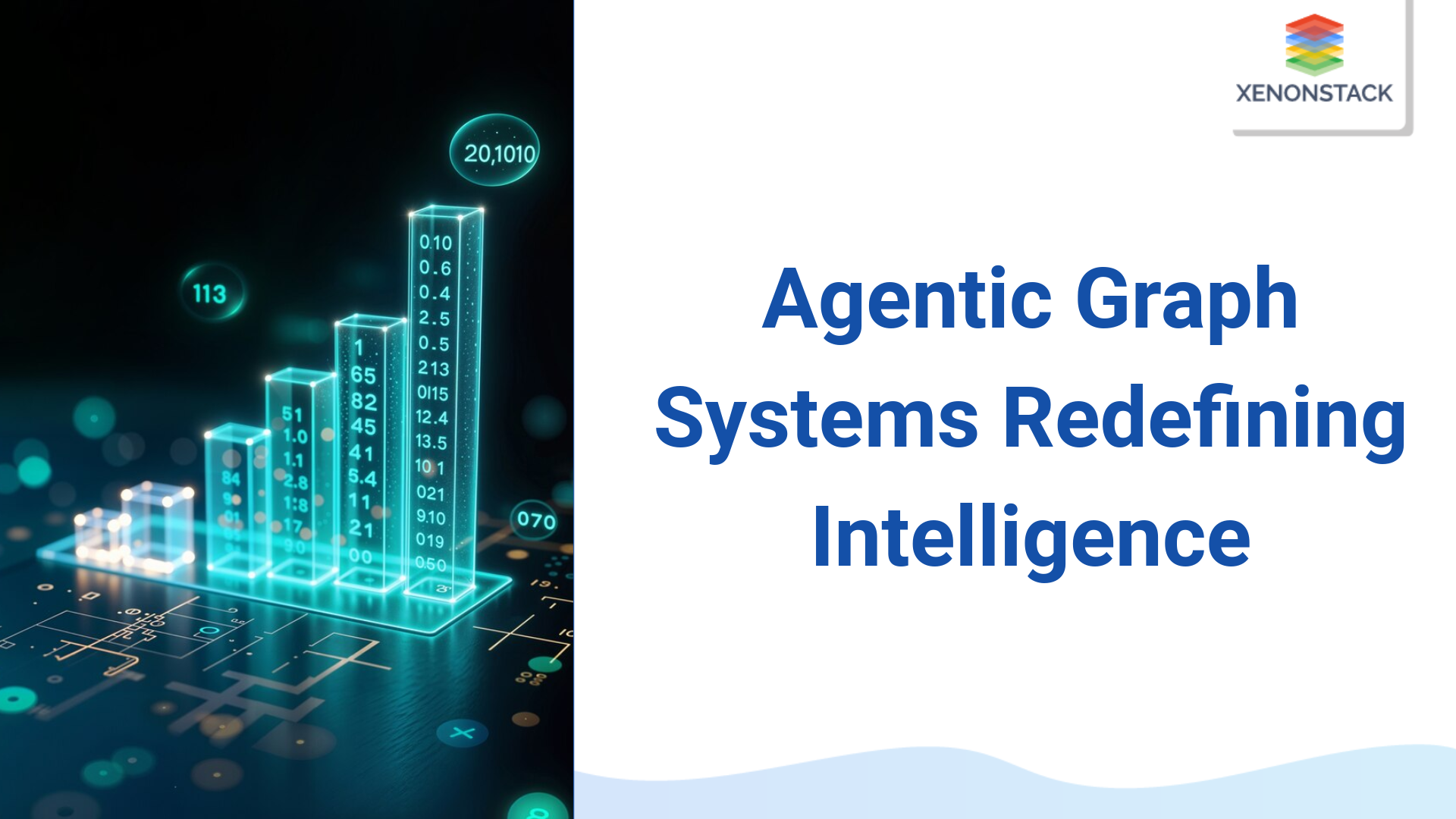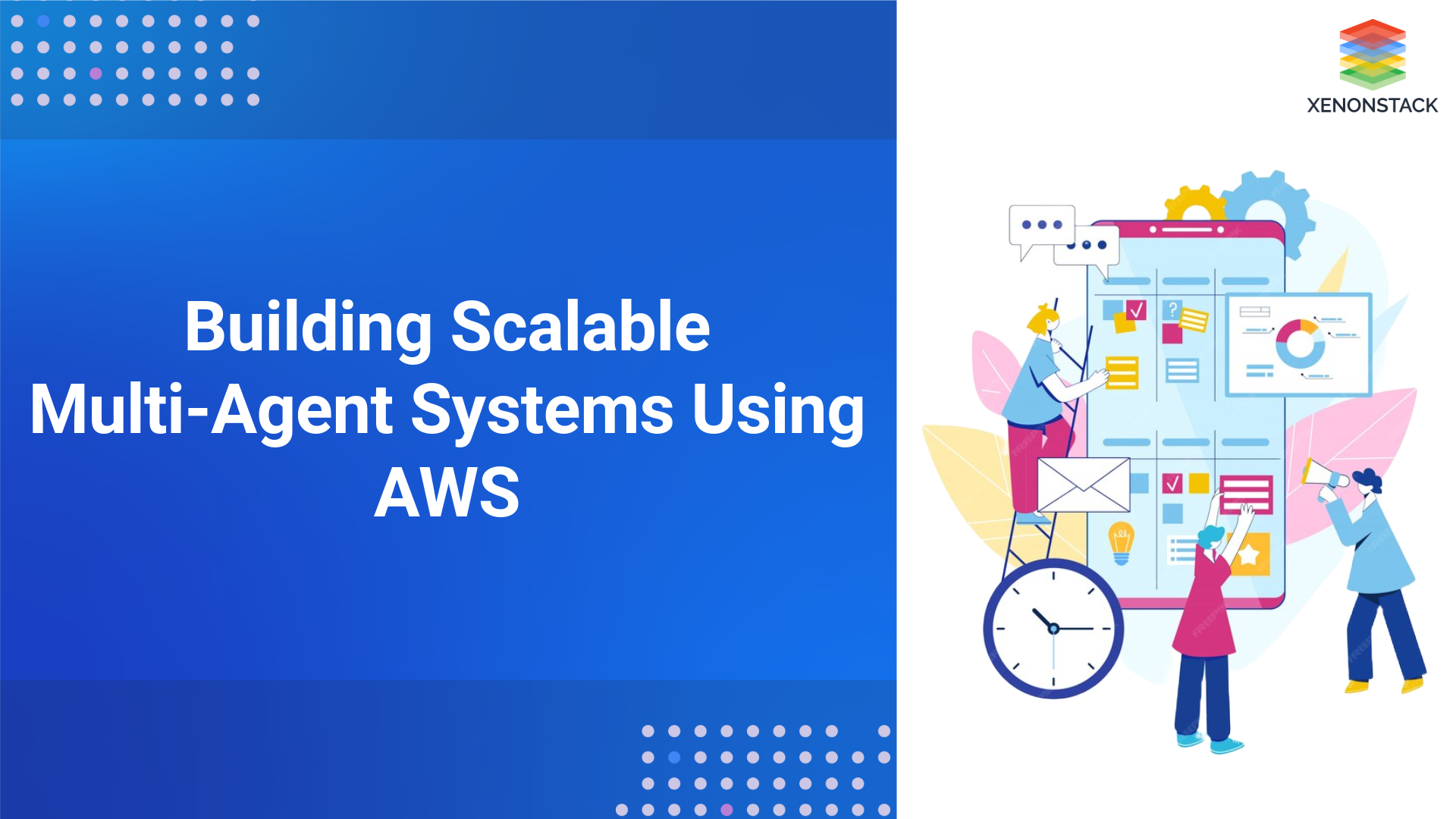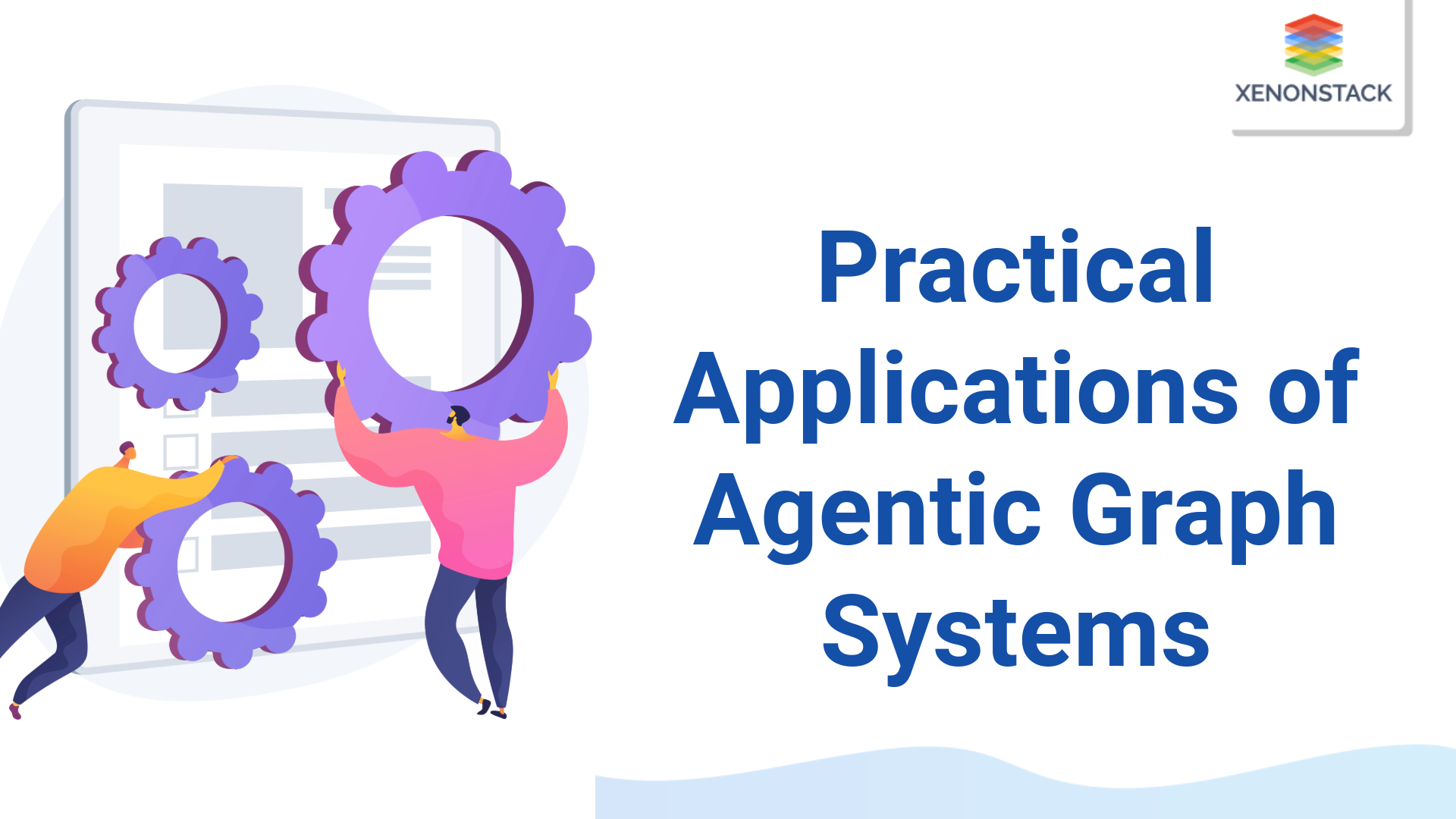The pharmaceutical industry is undergoing a profound transformation driven by Artificial Intelligence (AI). Among the many emerging paradigms in AI, the concept of "agentic AI" is poised to play a pivotal role. Agentic AI refers to autonomous or semi-autonomous AI systems capable of initiating actions, making decisions, and learning from outcomes without constant human intervention. When applied to pharmaceutical research and operations, agentic AI can revolutionize drug discovery and content management, leading to faster, more cost-effective, and more efficient processes.
In this blog, we'll explore how agentic AI is reshaping the pharmaceutical landscape, focusing on two key areas: drug discovery and content management. We'll delve into real-world applications, benefits, challenges, and the future outlook of this exciting technological development.
Understanding Agentic AI
Traditional AI systems, while powerful, often rely on predefined inputs and outputs. They function like sophisticated calculators: excellent at executing tasks but dependent on human direction. Agentic AI, on the other hand, introduces a layer of autonomy. These AI agents can perceive environments, plan tasks, execute multi-step operations, and adapt strategies based on results. This makes agentic AI particularly suited for complex, dynamic environments like pharmaceutical R&D, with many variables and a high error cost. Think of agentic AI as a tool and a collaborator capable of navigating vast scientific data, suggesting hypotheses, testing simulations, and generating documentation.
Agentic AI in Drug Discovery
 Fig 1: Agentic AI Applications in Drug Discovery
Fig 1: Agentic AI Applications in Drug Discovery
Drug discovery is traditionally a time-consuming, expensive, and high-risk endeavour. It often takes over a decade and billions of dollars to bring a single drug to market. The process involves identifying drug targets, screening compounds, optimizing leads, conducting preclinical trials, and managing extensive regulatory requirements.
Agentic AI can accelerate and optimize this process in several transformative ways:
1. Target Identification and Validation
AI agents can autonomously analyze genomics, proteomics, and biomedical literature to identify novel drug targets. By cross-referencing databases and real-world evidence, agentic systems can prioritize targets based on biological relevance, druggability, and disease association.
2. Compound Screening and Optimization
Agentic AI systems can conduct high-throughput virtual screening of millions of compounds, simulating how they interact with identified targets. These agents can autonomously refine compound libraries, eliminate unsuitable candidates, and suggest promising molecules for further synthesis.
3. Predictive Modeling and Simulation
AI agents can run complex simulations to predict how compounds behave in biological systems. They can adjust parameters, rerun simulations, and adaptively learn to improve accuracy over time. This reduces the need for costly and time-consuming wet lab experiments.
4. Workflow Orchestration
Agentic AI can coordinate tasks across multiple R&D teams, labs, and data systems. For example, the AI agent can automatically request synthesis, initiate toxicity testing, and prepare regulatory documentation upon identifying a potential compound.
5. Clinical Trial Optimization
Beyond preclinical work, agentic AI can support clinical trial design by identifying optimal patient cohorts, predicting enrollment challenges, and dynamically adjusting protocols based on interim results.
Real-World Examples
-
Insilico Medicine: Uses AI agents to design novel drug candidates. Their AI-generated drug for idiopathic pulmonary fibrosis entered clinical trials in under 18 months.
-
Atomwise: Employs AI agents to screen billions of compounds and has partnered with multiple pharma companies to accelerate discovery.
Agentic AI in Content Management
Pharmaceutical companies produce and manage vast content, including regulatory submissions, research articles, clinical trial reports, standard operating procedures (SOPs), marketing materials, and medical information documents. The need for accuracy, compliance, and timely updates makes content management a critical yet resource-intensive area.
Agentic AI can significantly streamline and enhance this function:
1. Automated Document Generation
Agentic AI can autonomously draft regulatory documents, such as Investigator Brochures, INDs, and NDAs, by pulling data from internal databases and scientific literature. Human experts can then review and finalise these drafts, saving significant time.
2. Content Harmonization
AI agents can detect inconsistencies in messaging across documents and ensure alignment with approved terminology and branding. They can also flag outdated or non-compliant content.
3. Real-Time Updating and Compliance Monitoring
Agentic systems can monitor regulatory databases (like FDA or EMA updates) and scientific publications to identify changes that impact existing content. They can autonomously update relevant documents and alert stakeholders.
4. Knowledge Management
AI agents can organize and tag content for easier retrieval and reuse. For instance, when a researcher looks for data on a specific drug, the agent can pull related publications, clinical trial data, and regulatory feedback, presenting a curated summary.
5. Multilingual Content Adaptation
In global pharma operations, content often needs to be localized. Agentic AI can handle translation and localization, maintaining context and compliance with regional guidelines.
Real-World Examples
-
Genpact and GSK Have collaborated on using AI to automate regulatory document generation.
-
IQVIA: Offers AI-driven content solutions for life sciences, helping automate labelling and submission workflows.
Challenges and Considerations of Pharma for Drug Discovery
 Fig 2: Pharma for Drug Discovery
Fig 2: Pharma for Drug Discovery
While the promise of agentic AI is immense, implementing it in pharma comes with unique challenges:
1. Data Quality and Integration
AI agents require high-quality, well-structured data. Integrating siloed data sources and ensuring interoperability remains a significant hurdle.
2. Regulatory Compliance
Any AI system used in drug development or content creation must comply with stringent regulatory standards. Transparency, auditability, and validation are critical.
3. Trust and Adoption
Human experts may be hesitant to rely on autonomous systems for high-stakes decisions. Building trust through explainability and human-in-the-loop frameworks is key.
4. Security and Privacy
Handling sensitive patient and research data requires robust cybersecurity measures and compliance with data privacy regulations like GDPR and HIPAA.
5. Ethical Concerns
Ensuring unbiased AI behaviour, preventing misuse, and maintaining accountability are essential ethical considerations.
Future Trends of Pharma for Drug Discovery
As the pharmaceutical industry becomes more digitized, the role of agentic AI will continue to expand. We can envision a future where autonomous agents collaborate with human scientists in a hybrid workforce, driving discovery, optimizing operations, and ensuring compliance in ways previously unimaginable. Emerging technologies like federated learning, digital twins, and quantum computing may amplify agentic AI's capabilities, allowing for more secure, accurate, and robust applications.
Investments in AI literacy, infrastructure, and governance will be crucial to realizing this vision. Companies that embrace agentic AI early and strategically will likely gain a significant competitive edge.

 Fig 2: Pharma for Drug Discovery
Fig 2: Pharma for Drug Discovery Fig 1: Agentic AI Applications in Drug Discovery
Fig 1: Agentic AI Applications in Drug Discovery



